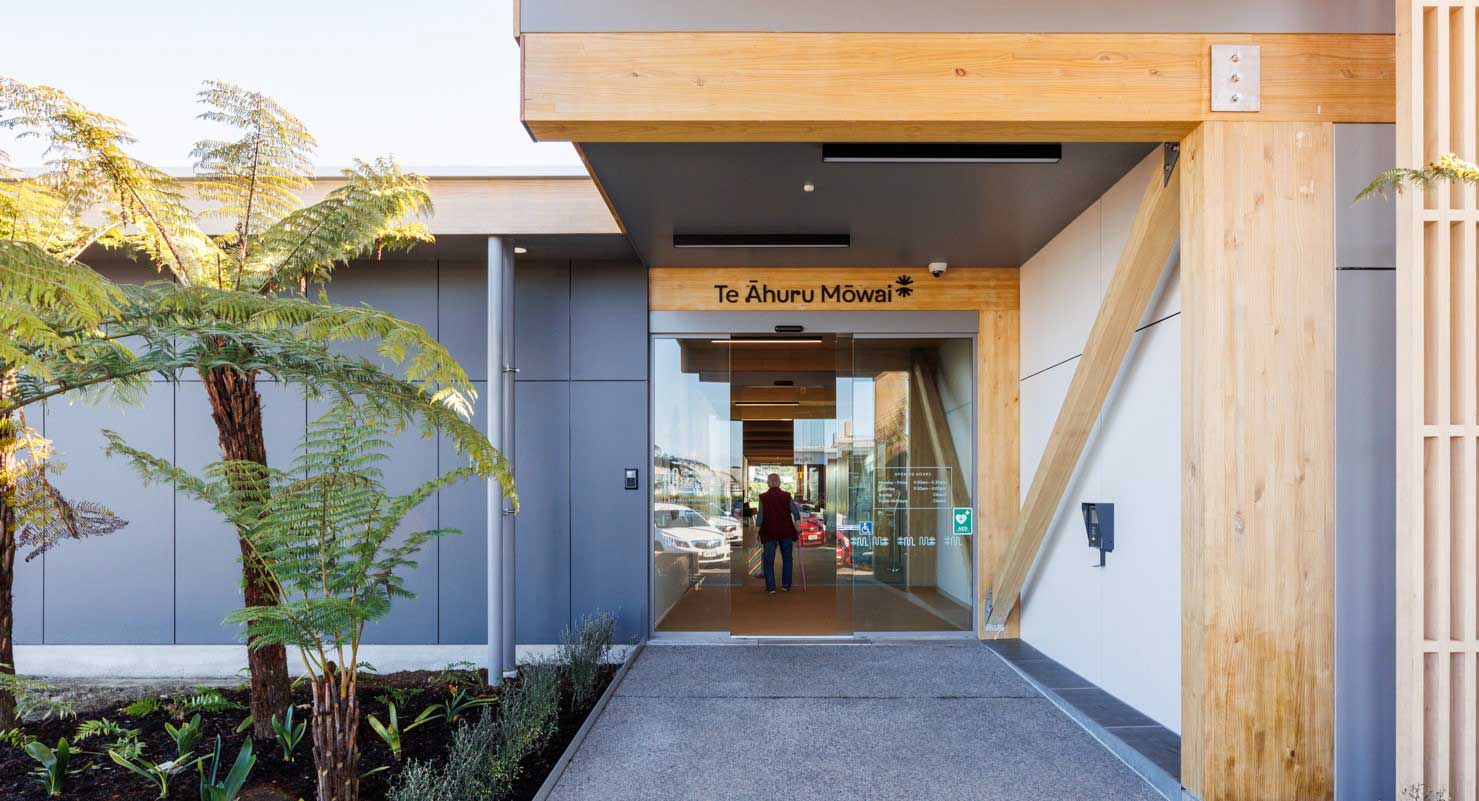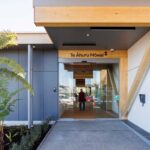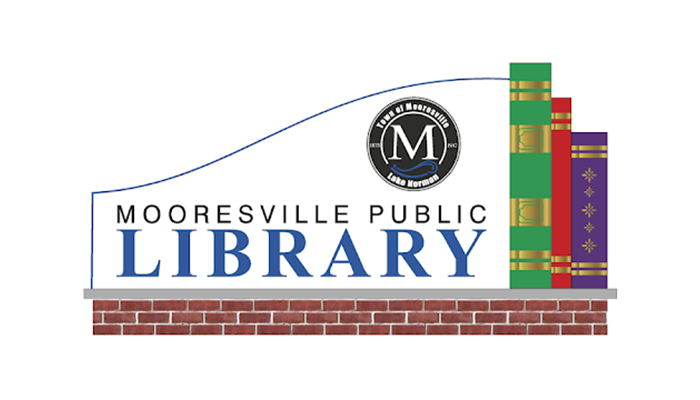Challenge
Solution
Result
Located just north of Charlotte, North Carolina, Mooresville is a quaint southern lake town in the midst of explosive growth. The population has doubled in just the last couple decades and as the headquarters of Lowes Home Improvement and NASCAR, the community’s growth is expected to increase even more quickly in the years to come. Mooresville has blossomed so quickly that the city has barely had time to put services and infrastructure in place to meet the demand.
The Mooresville Public Library (MPL) has just one branch for its nearly 60,000 registered users. MPL’s service area includes nearly 75,000 people. Meeting the needs of so many with limited resources requires creativity and out of the box solutions.
A city divided by a major interstate
The Mooresville Public Library was built in the heart of old Mooresville in 1940 and has been renovated and expanded several times. However, today Mooresville itself has expanded and is now bisected by Interstate 77. Most of the new development is taking place on the opposite side of the Interstate from the library. During high traffic times, it can take residents more than twenty minutes to drive just five miles to the branch.
In 2017, Marian Lytle, Library Director of MPL was determined to find a way to meet the needs of community members on the far side of I-77 and make it easier and more convenient for them to take advantage of Mooresville’s collection. A longtime customer of Bibliotheca, Lytle saw the remoteLocker as an ideal solution.
The remoteLocker allows libraries to economically place holds pickup and return solutions anywhere in the community equipped with shelter, electricity, and an Internet connection. Patrons simply request that their items be delivered to the remoteLocker where they can pick them up at their convenience using their library card. The remoteLocker solution is modular, so it can be configured to fit any space and additional towers can be added in the future if the library’s needs evolve.
After trying unsuccessfully to get local supermarkets on board, MPL partnered with the Lowes YMCA to install remoteLockers in the lobby of the heavily trafficked fitness and community space.
“We knew there was a need to reach citizens in that part of town and putting a remoteLocker in the YMCA seemed ideal. The location is convenient, and the YMCA is open extended hours. We thought it would be a manageable project for us and it really has been,” says Lytle.
The YMCA is open from 5 am to 10 pm, providing an additional 5 hours per weekday for library users to pick up and return materials.
Network connections matter!
When MPL began installing a three-tower remoteLocker unit in the Lowes YMCA lobby, the process wasn’t as great as it could have been. Once the library lockers arrived, MPL struggled to get a network connection from the library to the lockers, as they were blocked by the YMCA firewall.
“One thing I would recommend for other libraries is to figure out exactly what you need to have for connections. That was part of our problem – once we had the remoteLocker in place physically, we needed to figure out ports and permissions in the background. At that point, people could see them and were intrigued, but they weren’t able to use them yet. The people at Lowes YMCA had no idea that it would be so difficult to access a port, that their firewall would be such a problem,” says Lytle.
MPL’s Technology and Innovation Department was able to provide a work-around by installing a high-tech hot spot directly at the remoteLocker.
Once up and running, the lockers were immediately popular with the community. MPL hardly had time to promote the new service before the lockers were completely full. They served 900 customers in the first six months, which Lytle says is impressive given the snow and ice that shut down the library for days on end, meaning staff didn’t load items as often as planned.
Things didn’t go as planned, but Bibliotheca remained committed to complete satisfaction
Lytle says the remoteLocker worked beautifully with the library’s ILS from the very beginning. “Everything was really easy, and Bibliotheca walked us through the whole process.”
Patrons found the remoteLocker solution convenient and easy-to-use, so the lockers were nearly always at full capacity. However, the solution needed a bit of adjusting to fit seamlessly into the library staff workflow.
After struggling a bit with the process of emptying the integrated return bit, the staff at MPL realized they preferred a traditional external return bin. Bibliotheca worked with MPL to replace the locker tower that accommodated returns with a standard 10-bin locker. This also allowed the library to increase the number of lockers available to patrons from 18 to 24.
To ensure Mooresville was 100% happy with their remoteLocker solution, Lori Livesay, MPL’s installation technician at the time, not only installed them but spent the better part of a day making sure the solution worked perfectly and the staff was completely satisfied with the new tower combination across town from the library.
“The team at Mooresville Public Library was such a pleasure to work with. As with all technology, we can encounter unforeseen issues, especially when installing into locations outside of the library’s control. They handled the troubleshooting and return bin issues graciously. I’m excited to now have the opportunity to transition into a new training role so I can support more libraries like MPL through webinars as well as one-on-one sessions to ensure our solutions are working for their unique situations. I look forward to applying some of our lessons learned with MPL to help more customers be successful within their communities,” says Livesay.
“We can’t say it was the smoothest implementation, but our account manager and the install team did an excellent job of bringing the right people to the table and making it right. Our hats go off to Bibliotheca for how they handled our unique situation. It really makes us excited about our ongoing partnership,” says Lytle.
Award-winning innovative services in a small library
The effort put into the remoteLocker implementation has paid off in spades. In December 2018, MPL won the North Carolina Library Director’s Association Award for Innovative Services in a Small Library.
“We have completely been supported by our town government in this endeavor. They celebrate along with us in both the award and with the joy of seeing the outcome,” says Lytle.
In fact, the library lockers have been so successful that the library recently acquired funding to add another 10-locker tower to the existing solution at the Lowes YMCA lobby.
“We have a library user who told us during a focus group, ‘I used to come into the library once a week just to grab a few hold items, now I never have to drive all the way over here!’” says Lytle, laughing.
The library is delighted to be able to better serve its community on the other side of the Interstate, but they aren’t finished. They are looking for ways to provide not only materials, but also programming in other parts of Mooresville, NC. Land prices in the area have skyrocketed due to demand so the library is looking into alternative ways to provide programming. They are in the midst of a community assessment to help them decide where to bring their services. Current ideas include building a satellite branch in a shopping center and utilizing open+ to offer extended access or using a bookmobile with a pop-out room for programming.
“We are beloved in this community, but we are running out of room and have more ideas than we have time to implement!” says Lytle.
You may also like
Insights + Trends

Groundbreaking access: open+ in Manawatū Community Hub Libraries, New Zealand
Extended library access that is highly-used and applauded by the community.

Self-service by the sea: selfCheck 500 in Kaipara District Libraries, New Zealand
Refresh a branch using modern library self-service technology, utilise selfCheck 500 to help the tiny library team streamline workflow

Access abounds in Australia:
Blue Mountains Library
Discover how Blue Mountains Library in Australia transformed its services with RFID technology, connecting remote communities and enhancing access to essential resources during disasters.



